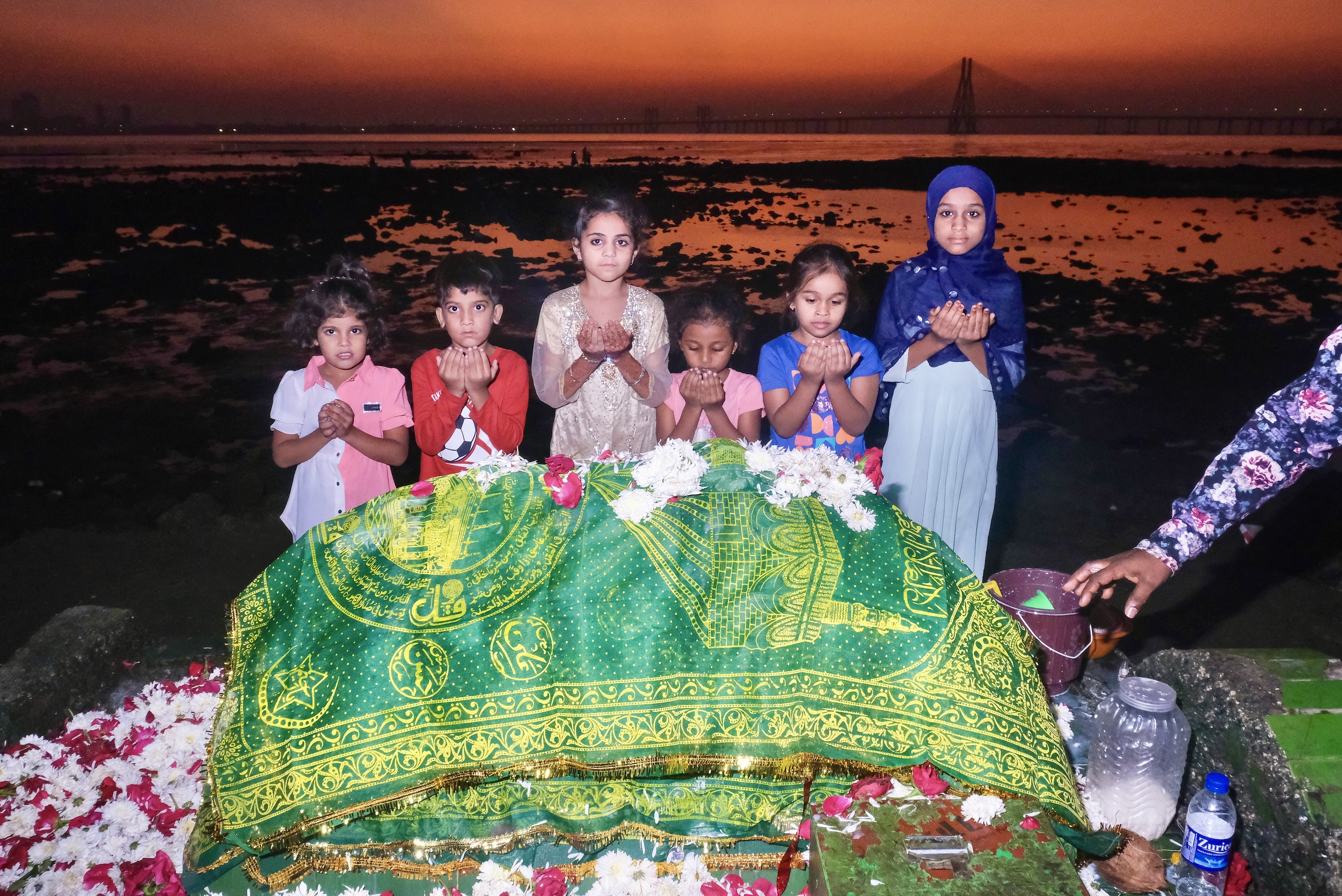© Yash Sheth
UMMAH: Divine Oneness, Worship Plurality brings together 50 contributors whose work speaks to spiritual intimacy, exile, resistance, memory, and belonging
After 07 October 2023, artists Amine Bejaoui and Kmar Douagi found themselves “suffocated by the silence, complicity, and even hostility” against Muslims within the Western art world, “particularly in Paris, where we were based. Institutions and collectives either ignored or actively opposed solidarity with Palestine, leaving us feeling isolated and deeply disillusioned,” they tell me. They felt there was no space where they could express their grief, anger, and politics authentically without having to dilute our identity or “compromise [their values] for visibility.”
From these feelings and experiences, Uncivilized Collective was born. The collective is rooted in decolonial, communal, and spiritual practices from publishing and workshops to exhibitions, created by and for the peoples and minorities of the Global South. It is, in Bejaoui’s and Douagi’s words, a space that “embraces the complexity of our realities and refuses to conform to Western expectations of what “civilised” art or activism should look like.”
The collective’s inaugural publication is now on its way; UMMAH: Divine Oneness, Worship Plurality is a book chronicling the multiplicity of the Islamic experience. It features photography, writing and artwork from across the Muslim world from 50 contributors.
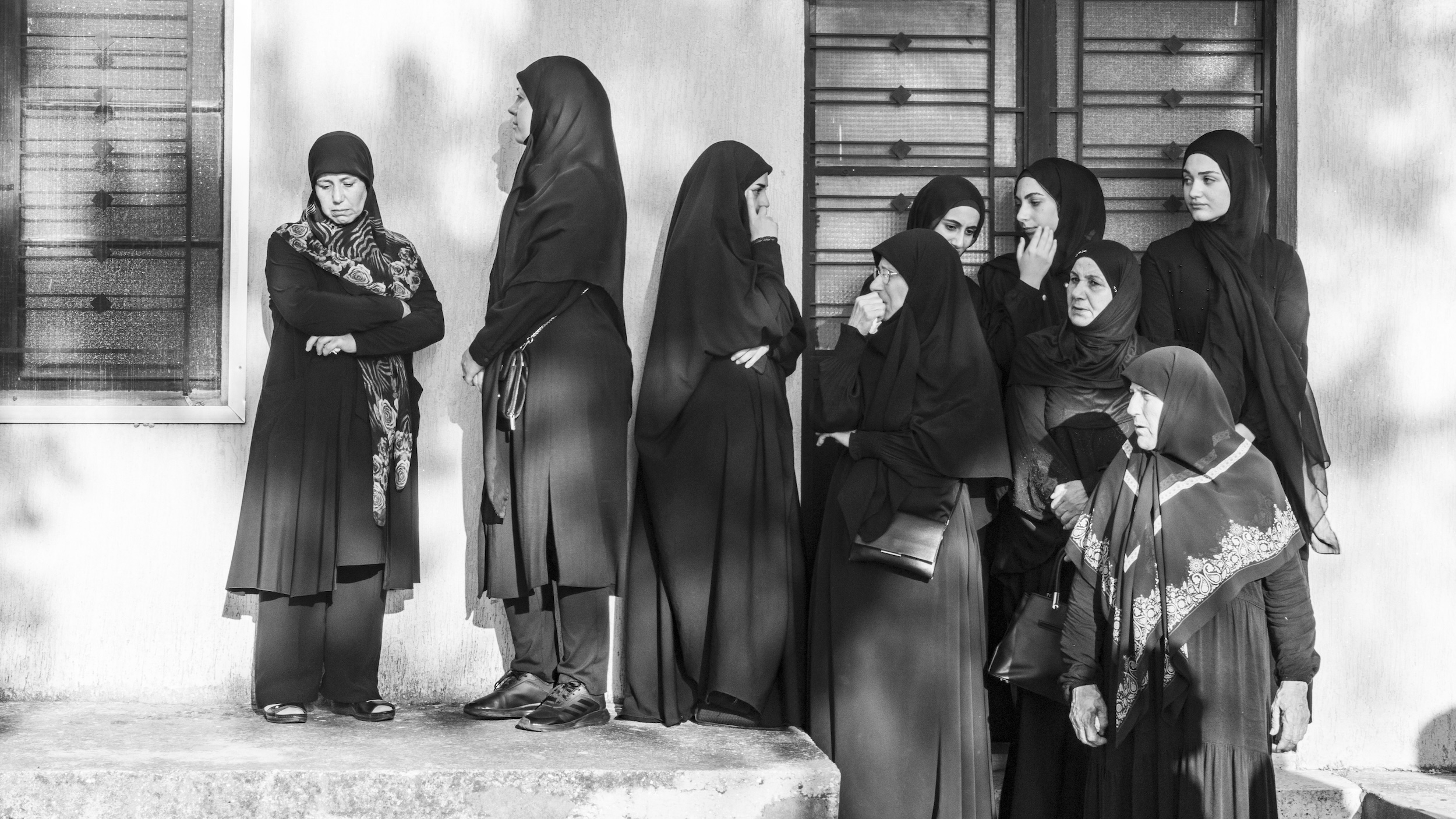
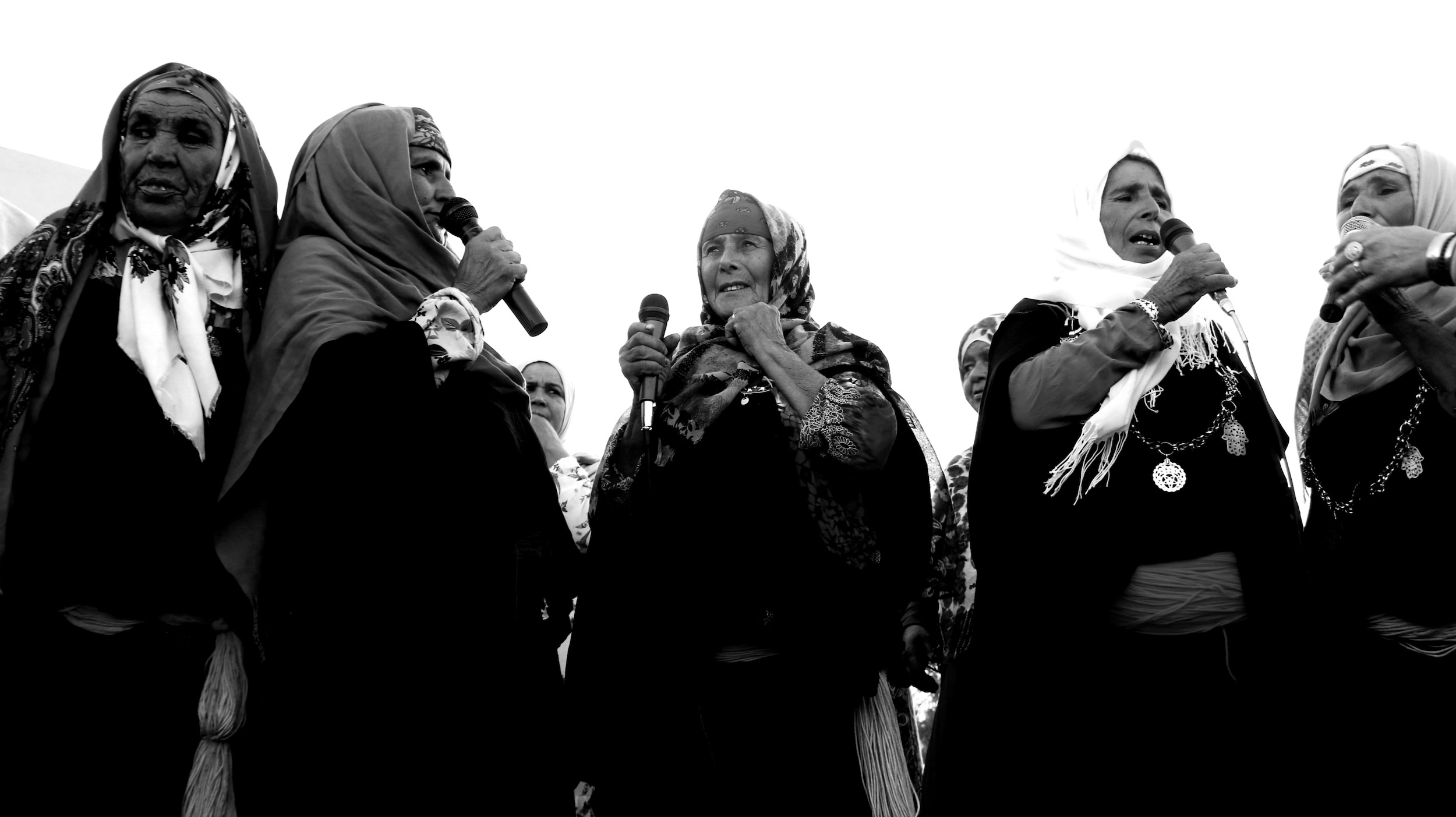
For Bejaoui and Douagi, Islam is “a powerful weapon against colonialism, capitalism, and supremacy, the way for global revolution. For centuries,” they tell me, “Islam has been targeted by various powers because they recognise the threat it poses to economic and political systems built on exploitation and oppression.”
At its core, Bejaoui and Douagi believe that Islam emphasises love, community, and divine justice. For many, it has been an anchor in the face of injustice, offering strength where systems fail. For Bejaoui and Douagi, Islam is not static but alive, “a powerful weapon against colonialism, capitalism, and supremacy,” they say, “the way for global revolution.”
They describe UMMAH as an ijtihad, an opening for diverse interpretations of faith that resists the flattening gaze of Western frameworks. “We deliberately avoided aligning with dominant Western or white-centric narratives,” they explain, “especially regarding queerness or identity politics that often try to govern and instrumentalise our experiences. We refuse to be reduced to frameworks that serve colonial agendas, or to have our identities co-opted for others’ purposes.” Instead, the book grounds itself in the Global South and reflects the lived, nuanced realities of Muslim communities across the world.
The aim was never to represent Islam in its entirety, but to hold space for its plurality. “Islam is as plural as the people who live it, love it, and carry it in their hearts,” they tell me. Each contribution reflects a particular encounter with the dunya – shaped by history, culture, migration, and personal spirituality – together forming a chorus that resists any singular representation.
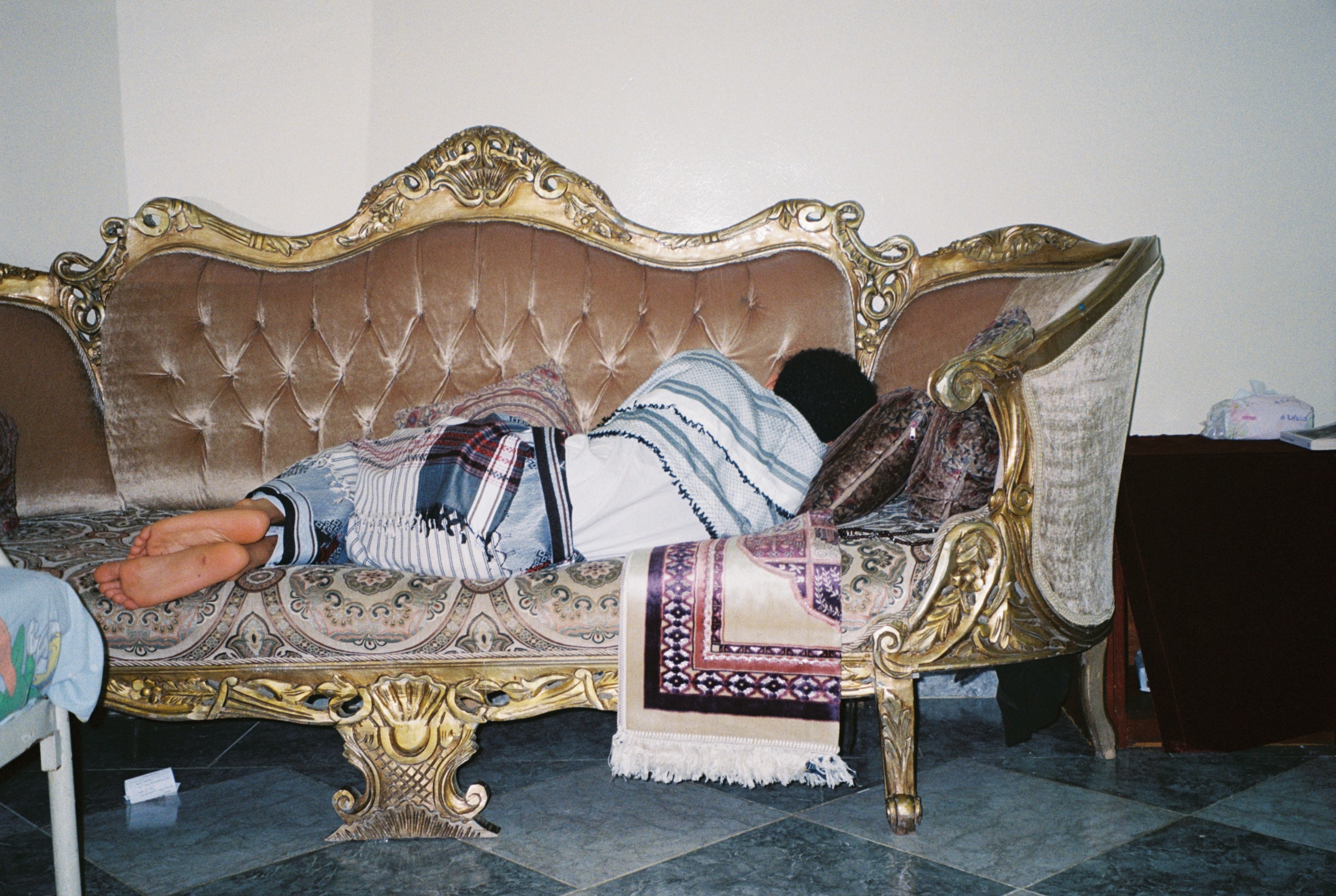
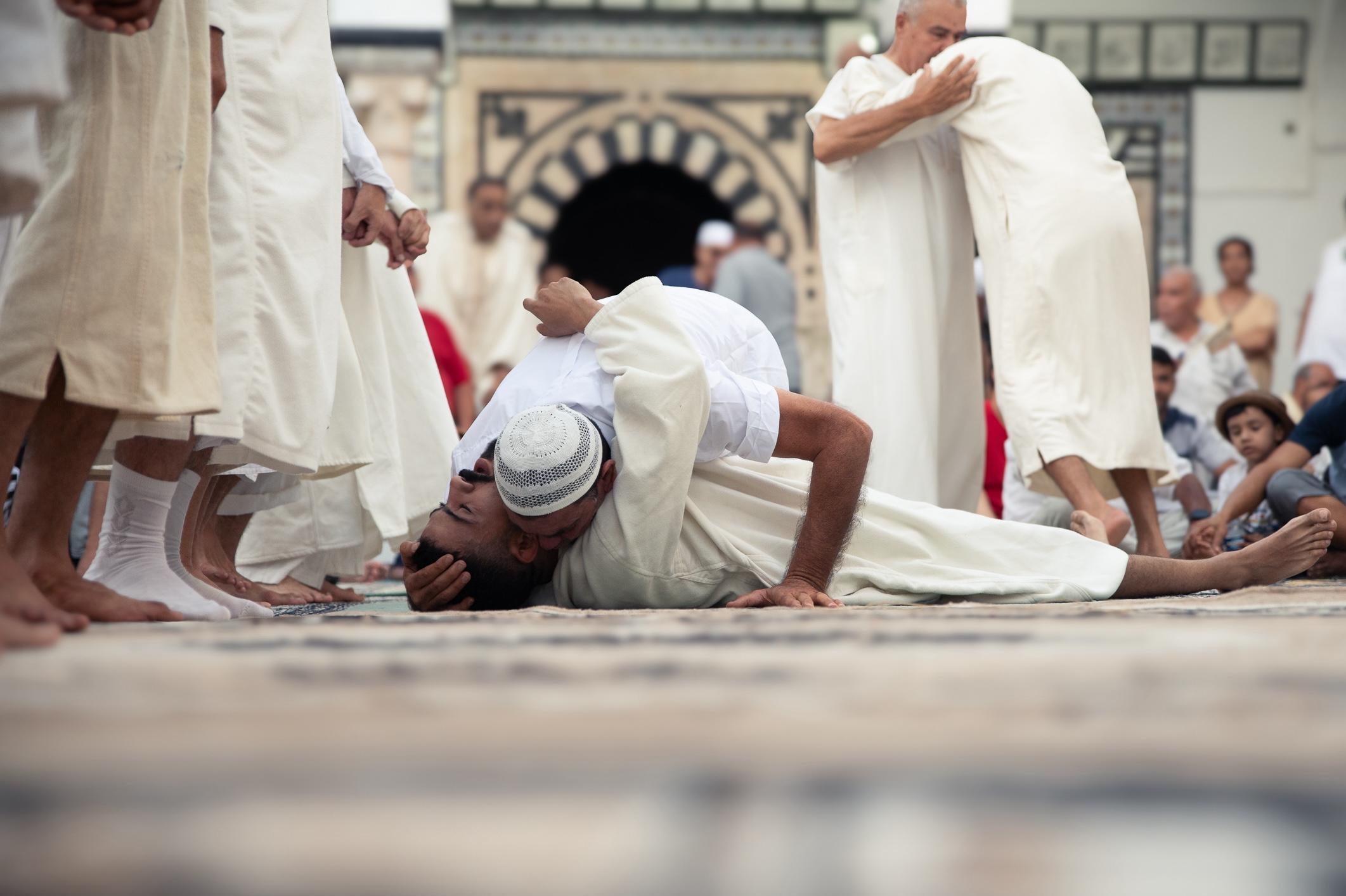
Funding was one of the hardest challenges. In the West, Islam is still seen as “too risky” or “too radical,” which makes projects like this nearly impossible to sustain. “This reflects a wider societal issue,” the duo note, “the persistent fear and misunderstanding surrounding Islam.” Pre-orders have become the main way to cover costs, a reminder of how often Muslim artists and communities are forced to support themselves when institutions turn away.
But what might have been a limitation also became the book’s strength. The open call expanded the conversation far beyond their immediate networks, drawing in people they may never have reached otherwise. “It was inspiring to witness how people reclaimed Islam with pride and joy,” Douagi and Bejaoui recall. “The solidarity it generated showed us the beauty of shared struggle and hope. It reminded us that faith is alive, dynamic, and can be a source of strength and healing in difficult times.”
Collaboration shaped not just the content but the look and feel of the book. Working with Marie-Mam Sai Belier and Moustafa Kridly, close friends and long-time collaborators, the design process was playful and deeply communal. “We shared ideas, inspirations, and had a lot of fun crafting the visual identity,” they say. The bold typographic treatment became the review’s visual signature – another refusal of standardisation.
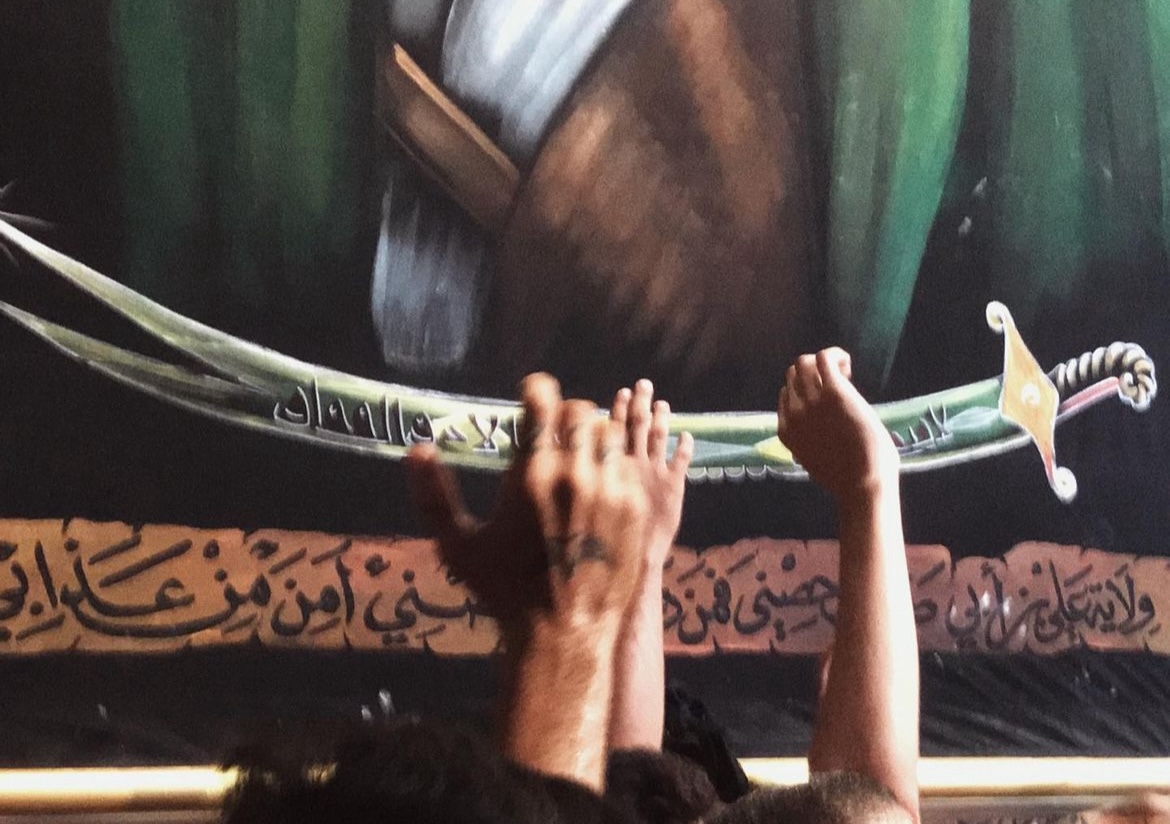
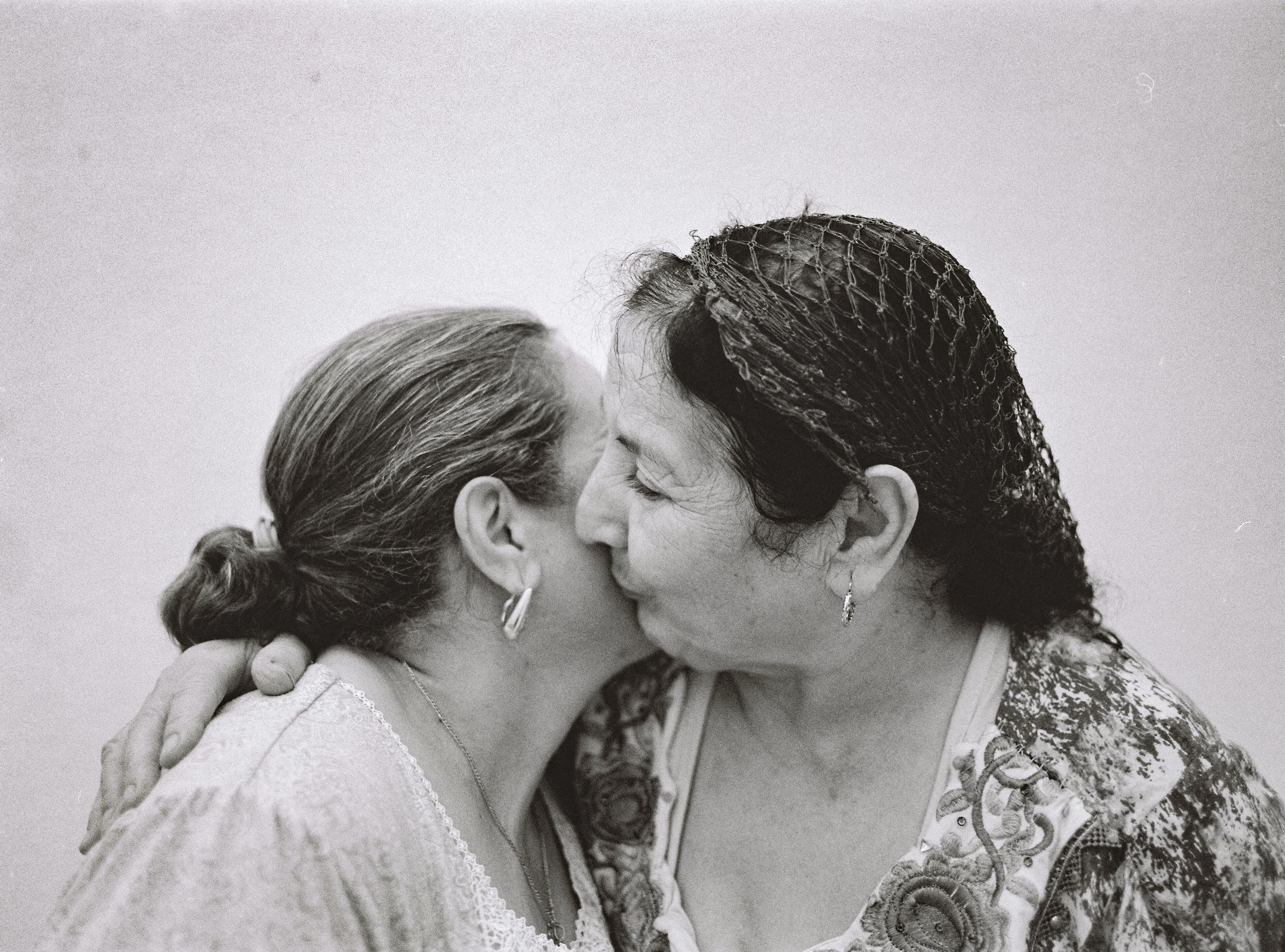
UMMAH is only the beginning. Uncivilized Collective’s first standalone book, République Indépendante des Immigré.e.s de Marseille, is a portrait of the city told through the voices of its immigrant communities. A mosaic of stories, poems, and fragments, it speaks frankly of Marseille’s contradictions: its beauty, its poverty, its unyielding vitality. The launch will unfold in the city itself with live performances, turning the book into a communal event.
This September comes Crash System: Decolonial Arcade, where the act of play becomes a political tool. Through works by Issam Smiri, Kmar Douagi, and Rayane Jemaa, the exhibition dismantles the colonial mechanics embedded in mainstream video games. Jemaa’s Is This the Middle East? dissects stereotypes of the region, Smiri’s Syncretisme invites players to co-create stories, and a new collaborative game designed by Smiri and produced by Bejaoui incorporates handmade objects as integral components. Here, gaming becomes both imaginative resistance and care.
Looking further ahead, a new collective volume provisionally titled Spiritual Politics will take shape under the direction of Musa Shadeedi. Beginning from the premise that the public realm is never neutral, it draws on Islamic spiritual traditions, among others, to ask how belief can inform governance, ethics, and resistance. Contributions will explore themes such as ethical disobedience, ecological responsibility, and the metaphysics of liberation, with an open call due later this year.

